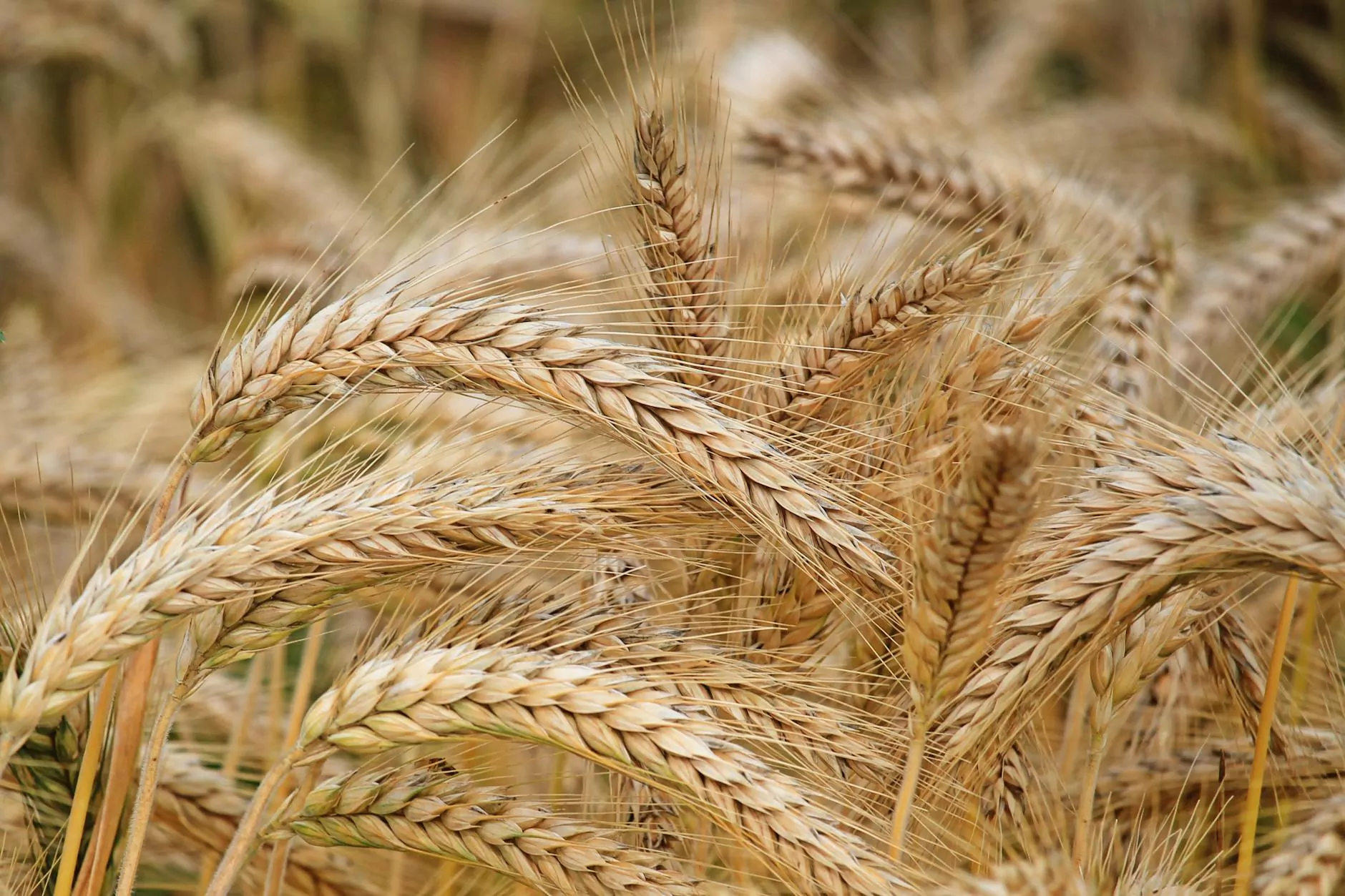The Significance of Managing Grain Moisture Content in Agriculture

Grain moisture content is a critical factor in the agricultural industry that significantly impacts the quality and storage of grains. Proper management of grain moisture content plays a vital role in ensuring the efficiency of Farm Equipment Repair and Farming Equipment.
Understanding Grain Moisture Content
Grain moisture content refers to the amount of water present in grains and seeds, measured as a percentage of the total weight. Maintaining the optimal moisture level in grains is crucial to prevent spoilage, mold growth, and insect infestation during storage.
Impacts on Farm Equipment Repair
In the field of Farm Equipment Repair, knowledge about grain moisture content is essential for preserving the functionality and longevity of equipment. Excess moisture in grains can lead to clogging and damage to machinery, resulting in costly repairs.
Benefits for Farming Equipment
For Farming Equipment, monitoring and controlling grain moisture content can enhance the efficiency of operations such as harvesting, drying, and storage. Properly dried grains not only improve equipment performance but also maintain grain quality for marketability.
Managing Grain Moisture Content
Farmers and agricultural professionals utilize moisture meters and testing methods to determine the grain moisture content accurately. Adjusting drying techniques, storage conditions, and ventilation systems are key strategies in maintaining optimal moisture levels.
Importance in Agricultural Sustainability
By prioritizing the management of grain moisture content, farmers contribute to sustainable agriculture practices. Efficient use of resources, reduced waste, and improved yield quality demonstrate the positive impact of proper moisture control.
Conclusion
In conclusion, the control and monitoring of grain moisture content are crucial aspects of agriculture that influence Farm Equipment Repair and Farming Equipment performance. Understanding its significance and implementing effective management practices are essential for sustainable farming practices and successful agricultural operations.









